Saudi FM expresses optimism for Lebanon's future in first visit in 15 years
Visit highlights Lebanon's political shifts after Israel-Hezbollah war and Assad's fall amid a brief insurgency in Dec
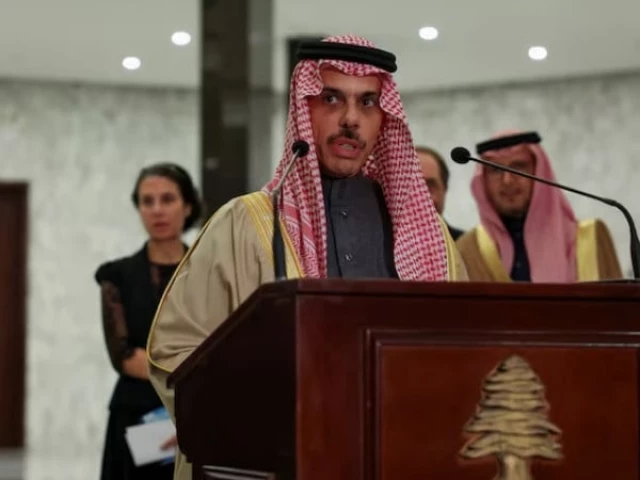
Saudi Arabia’s Foreign Minister, Prince Faisal bin Farhan, arrived in Beirut Thursday for his country’s first high-level visit to Lebanon in nearly 15 years, following a prolonged period of strained relations.
The visit comes at a critical time for Lebanon, which is grappling with an ongoing economic crisis and the aftermath of the destructive 2006 Israel-Hezbollah war.
During his visit, Prince Faisal expressed strong optimism about Lebanon’s new leadership and their potential to drive the necessary reforms to stabilize the nation and rebuild its shattered economy.
“We are greatly confident in the ability of the president and the prime minister to initiate the reforms necessary to bolster Lebanon’s security, stability, and unity,” Prince Faisal said after meeting Lebanese President Joseph Aoun in Beirut.
Lebanon’s parliament elected Aoun as president earlier this month, ending over two years of political deadlock. His candidacy was widely believed to have been backed by Riyadh and Western powers.
The newly elected president appointed former International Court of Justice judge Nawaf Salam as prime minister-designate, tasking him with forming a government that can revive the country’s economy and manage reconstruction efforts.
Saudi Arabia, which had been a key investor in Lebanon for decades, severed ties with the country in recent years due to growing concerns over the influence of Hezbollah, a Lebanese political and militant group backed by Iran.
However, with Hezbollah weakened after the 2006 war and the Syrian Civil War, Saudi Arabia sees an opportunity for a fresh start.
Prince Faisal’s visit signals Saudi Arabia’s readiness to re-engage with Lebanon, but with conditions.
"We will need to see real action. We will need to see real reform. We will need to see a commitment to a Lebanon that is looking to the future, not to the past, in order for us to raise our engagement," the Saudi foreign minister stated.
His remarks come as Lebanon seeks reconstruction funds, especially from wealthy Gulf nations like Saudi Arabia, after the financial collapse that began in 2019.
Lebanon has long been under pressure from the international community to implement reforms to unlock billions of dollars in aid, which have been stalled due to corruption and mismanagement.
Prince Faisal also emphasized that Lebanon’s stability and security are paramount, stating that the country’s future depends on a government that can effectively address its crises.
In addition to his political meetings, Prince Faisal’s visit also aims to lay the groundwork for further engagement with Lebanon.
Although relations between Saudi Arabia and Lebanon have been fraught in recent years, with incidents like the 2021 diplomatic dispute over comments made by a Lebanese minister about Saudi Arabia’s military intervention in Yemen, Prince Faisal’s visit signals a potential thaw in ties.
Prince Faisal also pointed to the broader regional context, noting the looming January 26 deadline for the full implementation of a fragile ceasefire between Israel and Hezbollah.
His visit to Beirut aligns with efforts to ensure Lebanon’s political and economic stability during this sensitive period.
Lebanese officials, including President Aoun, have expressed hopes that the visit will mark the beginning of a new chapter in Lebanon-Saudi relations.
Aoun has indicated that his first official overseas trip will be to Saudi Arabia, in response to an invitation from de facto Saudi ruler Crown Prince Mohammed bin Salman.
As Lebanon seeks financial support for its recovery, the backing of Saudi Arabia, alongside other Gulf nations, will be crucial in determining whether the country can overcome its deepening crises.
However, the road ahead remains uncertain, with reform efforts still in the early stages and the international community awaiting tangible results.

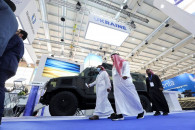
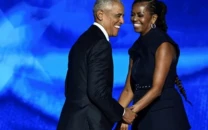
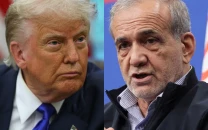
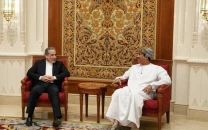

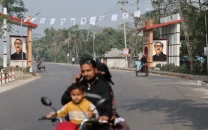












COMMENTS
Comments are moderated and generally will be posted if they are on-topic and not abusive.
For more information, please see our Comments FAQ